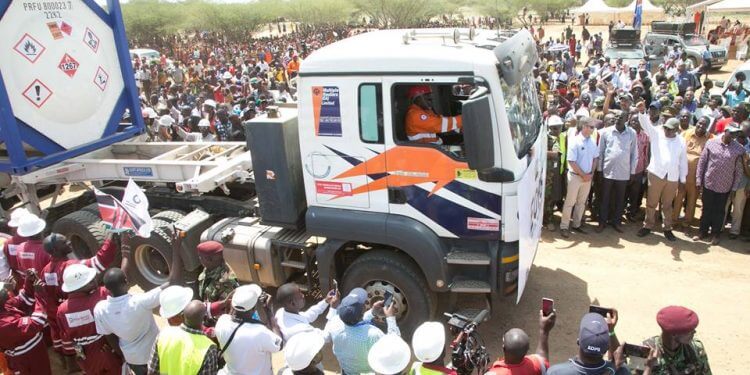Towards the end of last month, East African Community partner states adopted the Regional Electronic Cargo and Drivers Tracking System that will be hosted at the EAC Headquarters in Arusha, Tanzania. This came after a consultative meeting chaired by President Paul Kagame on May 12 this year, brought together four East African Community (EAC) leaders and discussed regional efforts to tackle the COVID-19 that has ravaged the world. At the time, the leaders directed concerned regional ministers to "finalise and adopt an EAC digital surveillance and tracking system for drivers and crew on COVID-19 for immediate use by partner states." "Today (Monday) we are doing piloting and next week all goes live," Eng. Daniel Murenzi, the Principal Information Technology Officer at the EAC Headquarters in Arusha, Tanzania, said. "The system delayed to be implemented immediately after the Ministers had approved the system to be used; this was because we had to first do direct integration to the national laboratories." According to Murenzi, last week, a technical test was "done successfully." "And now we are starting piloting this week since we have agreed with transporters. Also, we have finished purchasing equipment through support of Trademark EastAfrica that will be used for screening: these are tablets that will be having an application on." Murenzi noted that each country has assigned a national focal person and "we are closely working together." The new system is considered to be another valuable tool to help mitigate the disruption of domestic, regional and global supply chain...
Pilot phase of EAC electronic truck drivers surveillance system starts
Posted on: June 29, 2020
Posted on: June 29, 2020
























